Introduction to Spark Plasma Sintering Technology
CalNano, a leading distributor in the field of advanced manufacturing technology, specializes in providing state-of-the-art Spark Plasma Sintering (SPS) machines and equipment. This cutting-edge technology, also known as Field Assisted Sintering Technology (FAST) or Pulsed Electric Current Sintering (PECS), represents a significant advancement in the fabrication of high-density and high-strength materials.
How Does Spark Plasma Sintering Work?
SPS technology utilizes a combination of pulsed electric current and mechanical pressure to achieve sintering at remarkably low temperatures and short time frames compared to traditional methods. Here’s a breakdown of the process:
- Electric Current: The SPS machine applies a direct, pulsed electric current to a conductive die that houses the powder material. This current generates heat through the Joule effect, rapidly elevating the temperature of the material.
- Pressure Application: Concurrent with the electric heating, the machine applies significant mechanical pressure to the material, helping to densify it by closing gaps and eliminating pores.
- Sintering Mechanism: This simultaneous application of heat and pressure allows particles to bond more efficiently, producing materials with superior mechanical properties, minimal grain growth, and increased density.
Applications of SPS Technology
SPS machines distributed by CalNano are versatile and capable of processing a wide range of materials, including metals, ceramics, composites, and functionally graded materials. The technology is particularly beneficial for applications requiring the utmost precision and material integrity, such as:
- Aerospace: Fabrication of components that must withstand extreme conditions.
- Automotive: Manufacturing of durable, lightweight parts for improved vehicle performance.
- Biomedical: Creation of biocompatible implants with enhanced longevity and strength.
Advantages of Choosing CalNano’s SPS Machines
Choosing CalNano’s SPS machines offers several distinct advantages:
- Efficiency: Rapid sintering reduces production time and energy consumption.
- Quality: Achieves higher material density and strength, ensuring superior product quality.
- Innovation: Enables the processing of novel materials that are challenging to fabricate using conventional sintering techniques.
Conclusion
CalNano is committed to advancing the manufacturing capabilities of industries through superior SPS technology. With a focus on innovation, quality, and customer satisfaction, CalNano’s SPS machines are designed to meet the most demanding manufacturing challenges, paving the way for groundbreaking advancements in material science.
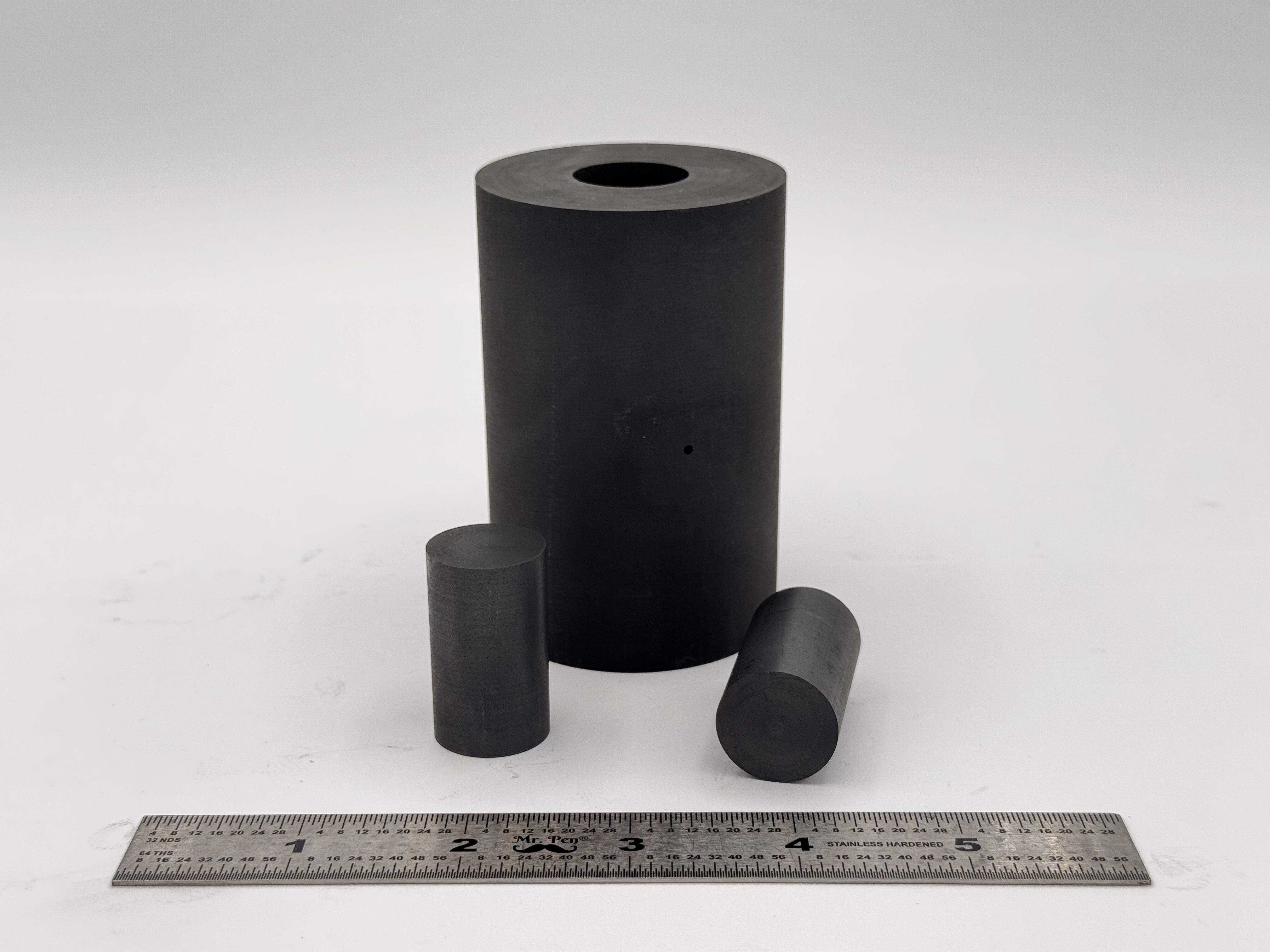 High Strength SPS Graphite Tooling
High Strength SPS Graphite Tooling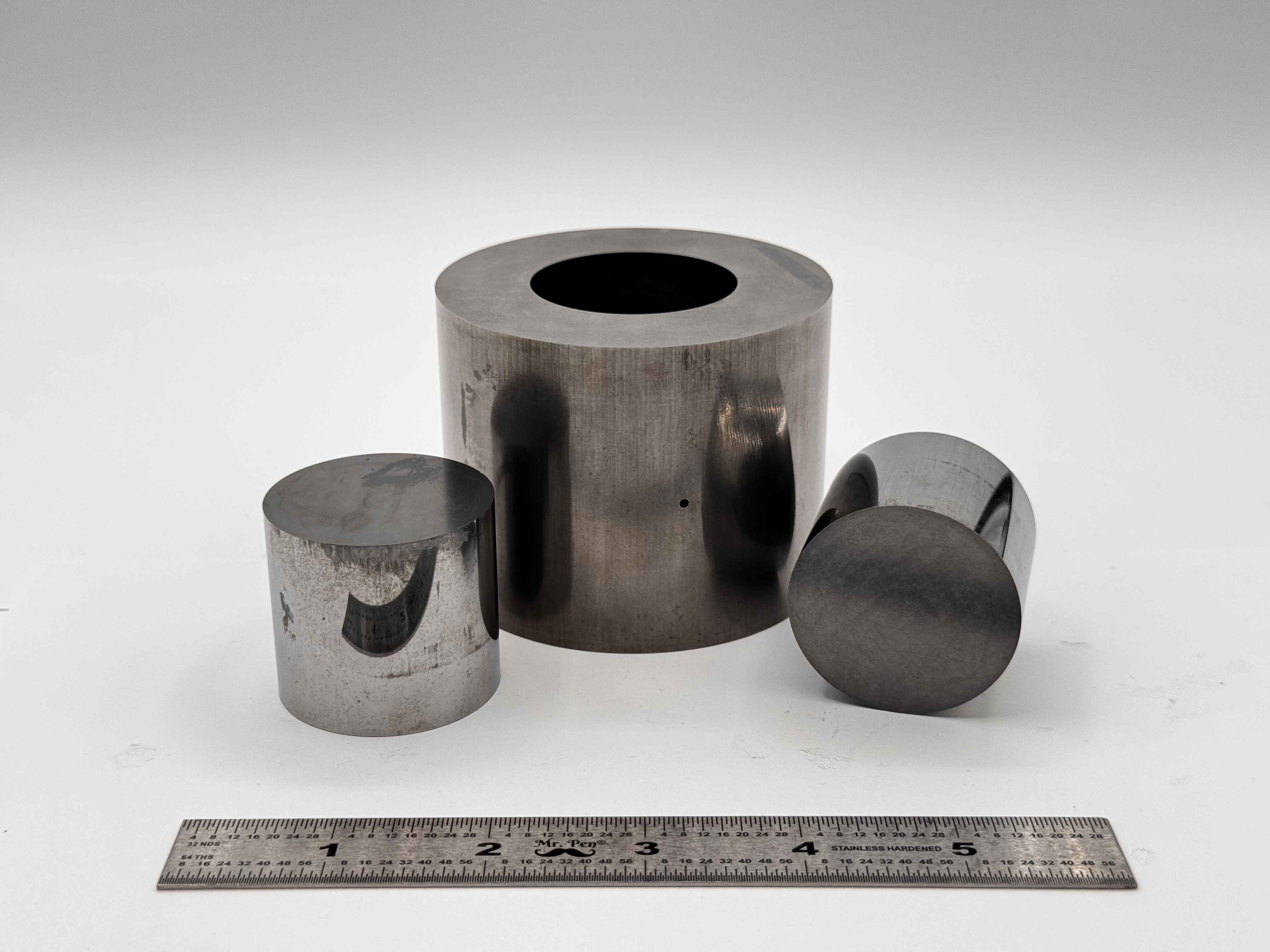 Tungsten Carbide Tooling
Tungsten Carbide Tooling Carbon Graphite Foil / Paper
Carbon Graphite Foil / Paper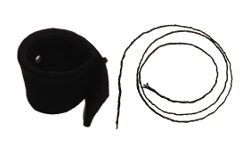 Carbon Felt and Yarn
Carbon Felt and Yarn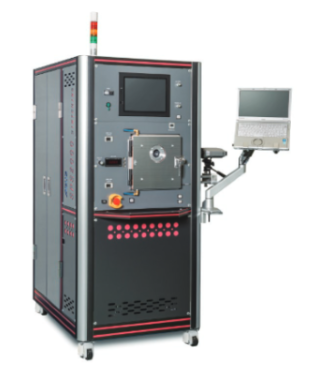 Spark Plasma Sintering Systems
Spark Plasma Sintering Systems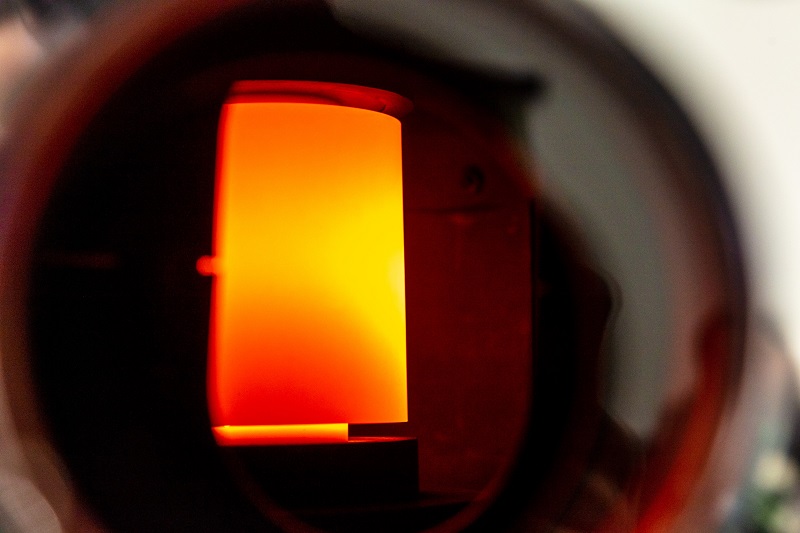 SPS/FAST Modeling Software
SPS/FAST Modeling Software